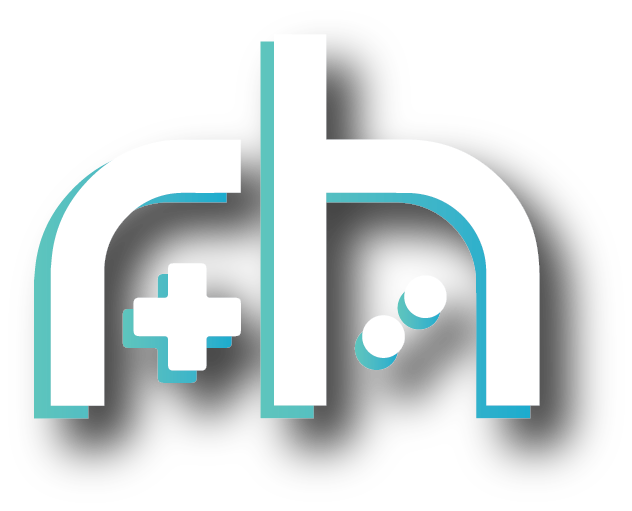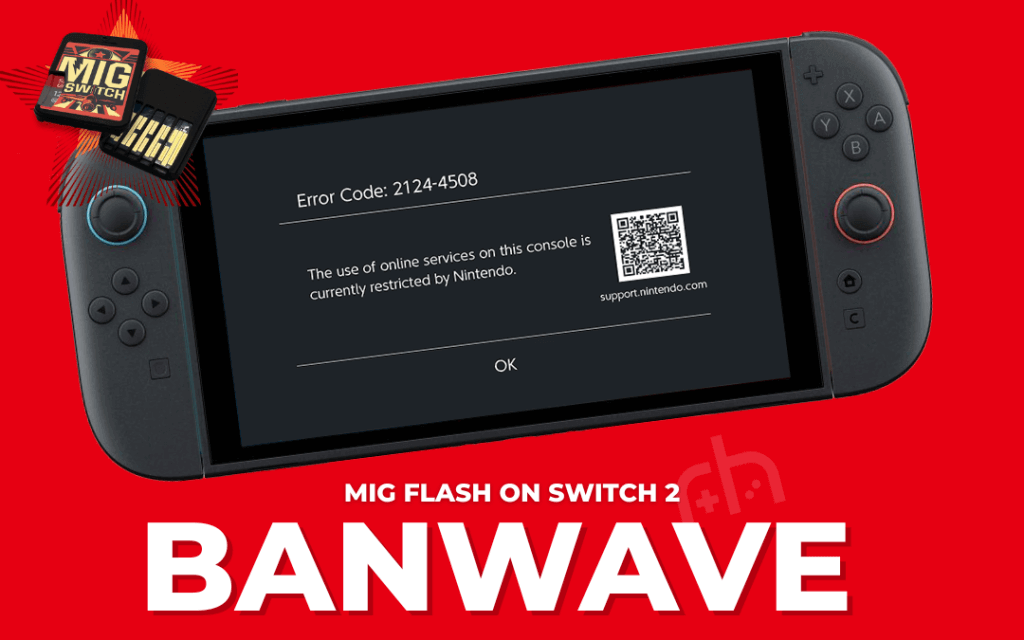Nintendo has started banning Switch 2 consoles detected using the MIG Flash, a multi-game cartridge device that allows users to load and play multiple titles from a single physical cart.
While the MIG Flash doesn’t modify the console’s internal software, Nintendo appears to be taking a strict stance against it, treating it as a violation of their terms of service. The device does have some legit uses — like letting gamers carry just one cartridge instead of several — but its strong link to piracy clearly led Nintendo to ban consoles using it.
Banned Does Not Mean Bricked
These bans do not brick the Switch 2 units entirely. Affected systems still function normally in offline mode — users can access their games, save data, and local features. However, once banned, the console is permanently blocked from accessing any Nintendo servers. That means no access to the eShop, online multiplayer, cloud saves, or system updates.
My Switch 2 test has been banned, after using the mig switch with perfectly legal dumps of my own cartridges, so it would seem that Nintendo can detect something
Similar reports on reddit are starting to come in.https://t.co/nbPMlRWSaPhttps://t.co/3eq6dkbFMi
I strongly… pic.twitter.com/btzjQYJzE4— SwitchTools (@SwitchTools) June 16, 2025
The MIG Flash has drawn attention for its plug-and-play convenience, offering a workaround to buying multiple physical cartridges or juggling digital licenses. It’s especially popular in the import and collector scenes, but its ability to run multiple ROMs from a single cart — some questionably sourced — has likely flagged it in Nintendo’s security systems.
As mentioned above, more reports via Reddit are slowly pouring in of users facing bans on their consoles following utilization of the MIG Flash. Just a few days ago, the team behind the MIG Flash released the 1.2.0 update for the flashcart, enabling usage on the Switch 2, but only for original Switch titles. To date, there are still no publicly accessible hacks or mods for the Switch 2 and its games. Although, it would be a bit early to expect one seeing as the console is only entering its second week on the market.
Nintendo has not officially commented on the bans, but user reports suggest the crackdown began shortly after the MIG Flash released its most recent update. Online communities have confirmed that once a MIG Flash is used, even briefly, the console can be flagged during the next online check-in.
Nintendo vs Piracy – A Never-ending Battle
As with previous Nintendo consoles, including the original Switch, the company maintains aggressive anti-piracy and anti-modification policies — even when a device doesn’t technically involve software hacking. In this case, simply using unauthorized hardware seems enough to trigger a ban.

For players concerned about keeping their Switch 2 online, the recommendation is clear: avoid using the MIG Flash or any similar third-party devices. Even those only intending to use the hardware for convenience, without piracy, are not exempt from the risk.
This move signals Nintendo’s continued commitment to tightly controlling its ecosystem. As the Switch 2’s online services expand and its user base grows, Nintendo is sending an early message: unauthorized use of the system will not be tolerated.
What did you think of this article? Let us know in the comments below, and chat with us in our Discord!
This page may contain affiliate links, by purchasing something through a link, Retro Handhelds may earn a small commission on the sale at no additional cost to you.


1 Comment
Why do people still support this awful company?